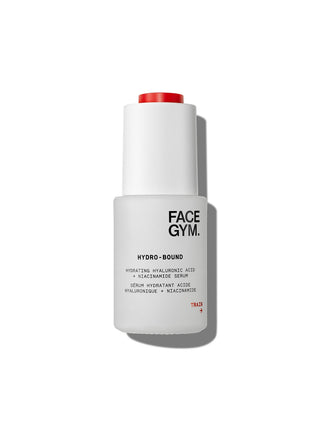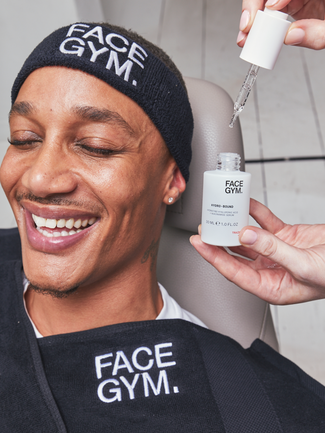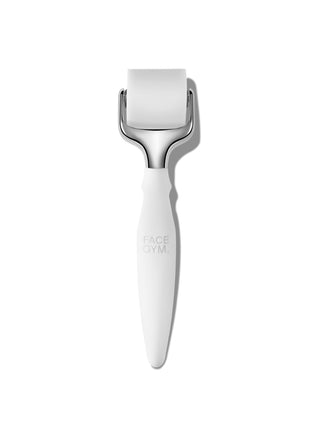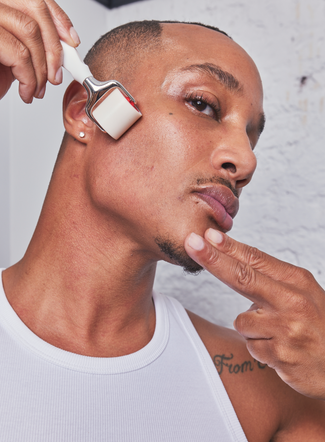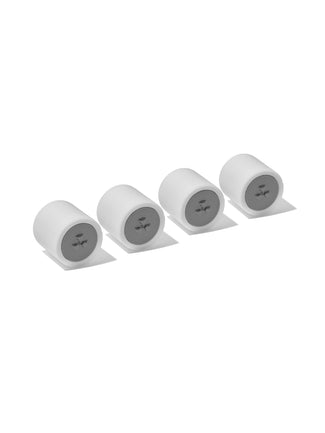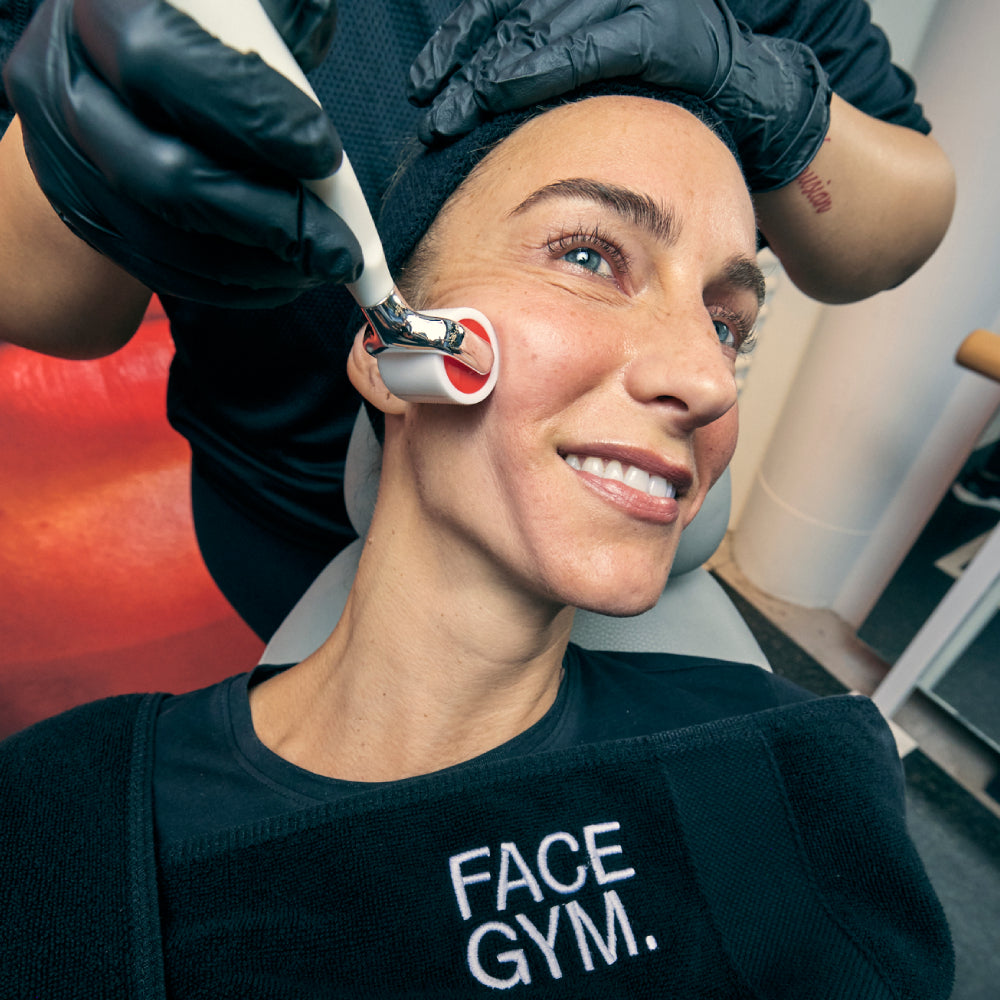
Can You Get Rid of Hyperpigmentation?
Hyperpigmentation is a common skincare struggle and one that’s often elusive to find a solution for. But the good news is that whether it shows in the form of dark spots or patches, discolouration or pesky scars that refuse to fade, there are treatments to stop hyperpigmentation haunting our skincare goals.
What Is Hyperpigmentation?
Hyperpigmentation is a broad phrase that covers a range of skin discolouration issues and it can be particularly common with darker skin tones and acne-prone skin. It occurs when pigment cells (the cells that give our skin, hair and eyes their colour) trigger melanin into overdrive. Excess pigment enters healthy skin cells and causes our natural pigment to darken.
There are numerous specific types of hyperpigmentation, and there are also a number of causes, though sun exposure, skin inflammation and genetics are the most common. Here are some of the common types and causes of hyperpigmentation:
-
Dark Spots
-
Acne Scars
-
Skin Discolouration
-
Excess Melanin
-
Darkened skin patches
-
Inflammatory Skin Condition
-
Sun Sensitivity
-
Hormonal Changes
-
Liver Spots
-
Age Spots
-
Skin Damage
-
Post Inflammatory hyperpigmentation
How To Get Rid Of Hyperpigmentation
Given that there are so many types and causes, it's not surprising that there are plenty of effective products, tips and amazing ways to treat hyperpigmentation and even out skin tone.
Before we get into skincare saviours and treatments, let’s start with the one thing every dermatologist will tell you - wear sunscreen daily. Daily broad-spectrum sunscreen that’s SPF 30 or higher, is easily the most important step in preventing and treating hyperpigmentation as it blocks both UVA and UVB rays.
With your sunscreen game on point, here are a few ideas to help you treat this common skin condition at home, along with some of the hero beauty products that have proven to be effective.
How To Treat Hyperpigmentation At Home
Exfoliate (Remove dead skin cells)
Gentle acid exfoliators exfoliate the top layer of the skin and improve cellular regeneration, leading to clearer, brighter skin. Making exfoliating acids part of your skincare routine will really help with visible scarring and skin discolouration. Search for acids such as Glycolic, Lactic and Mandelic and enzymes such as Bromelain and Papain. Chemical peels may also help, though it's always wise to consult a dermatologist if you have problem skin.
Niacinamide (Vitamin B3)
The mega multitasker of skincare - there’s pretty much nothing niacinamide can’t do when it comes to skincare.
Its biggest job may be strengthening the skin’s lipid barrier to shield against environmental stressors such as UV and pollution that damage healthy skin cells and cause inflammation and excess oil production, but niacinamide is also a genius when it comes to fading scars and hyperpigmentation.
It reduces the transfer of melanin from pigment cells to your skin cells, which is not only helpful in treating hyperpigmentation, it’s also super powerful in combating melasma – a form of hyperpigmentation mostly caused by hormonal changes.
When it comes to post-inflammatory hyperpigmentation and acne scarring, niacinamide takes a two-pronged approach:
-
Prevention. Niacinamide regulates oil production to help prevent sebum from going into overdrive and causing acne and blemishes. Its bacteria-fighting properties are also incredibly effective in unclogging pores and reducing blemishes. These actions help to prevent blemishes and acne hyperpigmentation from occurring in the first place
-
Reducing inflammation. Niacinamide helps reduce the swelling and redness of acne and can lead to fewer blemishes over time.
Try our niacinamide-packed Hydro-Bound Daily Serum. This lightweight but potent formula contains both Niacinamide and Hyaluronic Acid, encouraging the skin to rebuild and improve its own structure for a firmer and smoother complexion.
Vitamin C
Vitamin C is well known and loved for its antioxidant benefits. When it comes to hyperpigmentation, a daily dose of a vitamin C-rich antioxidant serum works wonders in preventing the pigment cells that trigger melanin production from going into overdrive.
Vitamin C is a really efficient way to reduce skin pigmentation and as well as serums, it comes in multiple forms such as creams, mists and masks. It contains a property that inhibits your skin’s melanin production, which is what causes skin discolouration.
With continued use, Vitamin C can be a preventative measure against brown spots. It is a super brightening agent that works to fade dark spots without altering normal skin pigmentation.
For a turbo-charged attack on hyperpigmentation, try a power combo of vitamin C + glycolic acid. Its skin brightening, tightening and antioxidant-boosting benefits are next level.
Retinol
Retinol, a derivative of vitamin A, is often a go-to in the treatment of hyperpigmentation. Its ability to stimulate the production of collagen and skin cell turnover while exfoliating dead skin cells, makes it exceptional at encouraging new, healthy skin cells to the skin’s surface, breaking up clusters of older, darker ones that cause an uneven, dull skin tone - which is why it is such a great ingredient to reduce hyperpigmentation.
If you are new to the retinol game, start by adding it in slowly and build up a tolerance, and don’t forget to apply a high factor SPF 30 or 50 afterwards (even if it’s cloudy)!
Now, Onto The Acids
Making exfoliating acids part of your skincare routine will help tremendously in fading visible scarring and hyperpigmentation. When it comes to skincare products, look for holy grail Alpha Hydroxy Acids (AHA’s) such as glycolic and lactic acids. They are brilliant at gently dissolving dead skin cells and stimulating cell renewal, for a much brighter, tighter complexion.
Mandelic acid is a secret weapon you need in your arsenal when it comes to preventing hyperpigmentation. It’s known to suppress Tyrosine – the enzyme that helps our bodies produce melanin – which helps your skin become less reactive to environmental stressors that trigger melanin production.
If you’re looking for stronger weapons in the fight against hyperpigmentation, some of the most effective dermatological treatments used today are chemical peels, micro-needling and low-energy fractionated lasers. You can also try FaceGym’s Brightening Active Roller Microneedling Tool for intensive cellular rejuvenation. Made up of 3,000 non-invasive dissolving microneedles filled with a potent trilogy of crystallised active ingredients, Vitamin C, Tranexamic Acid, + Licorice Root Extract which form microneedles that dissolve directly into the skin to deliver instantly visible results.
Banish Skin Discolouration & Uneven Skin Tone
All of this is to say that hyperpigmentation is a tricky skin condition to treat. Treatment depends upon the severity of your hyperpigmentation, and everyone's experience will be unique. It’s also important to note that no treatment plan will be 100% perfect. The best advice is to talk to a dermatologist to find the best treatment for you.
